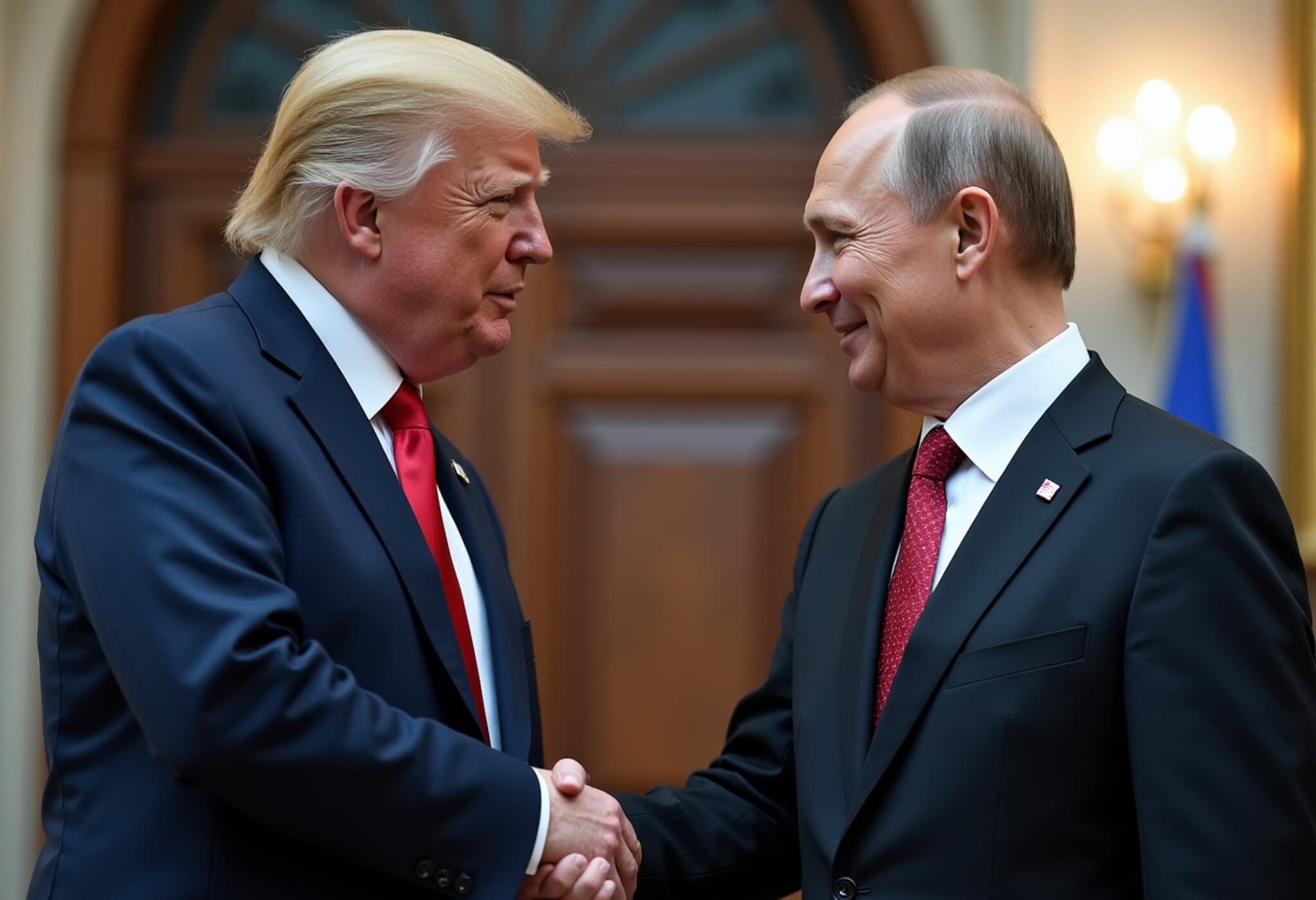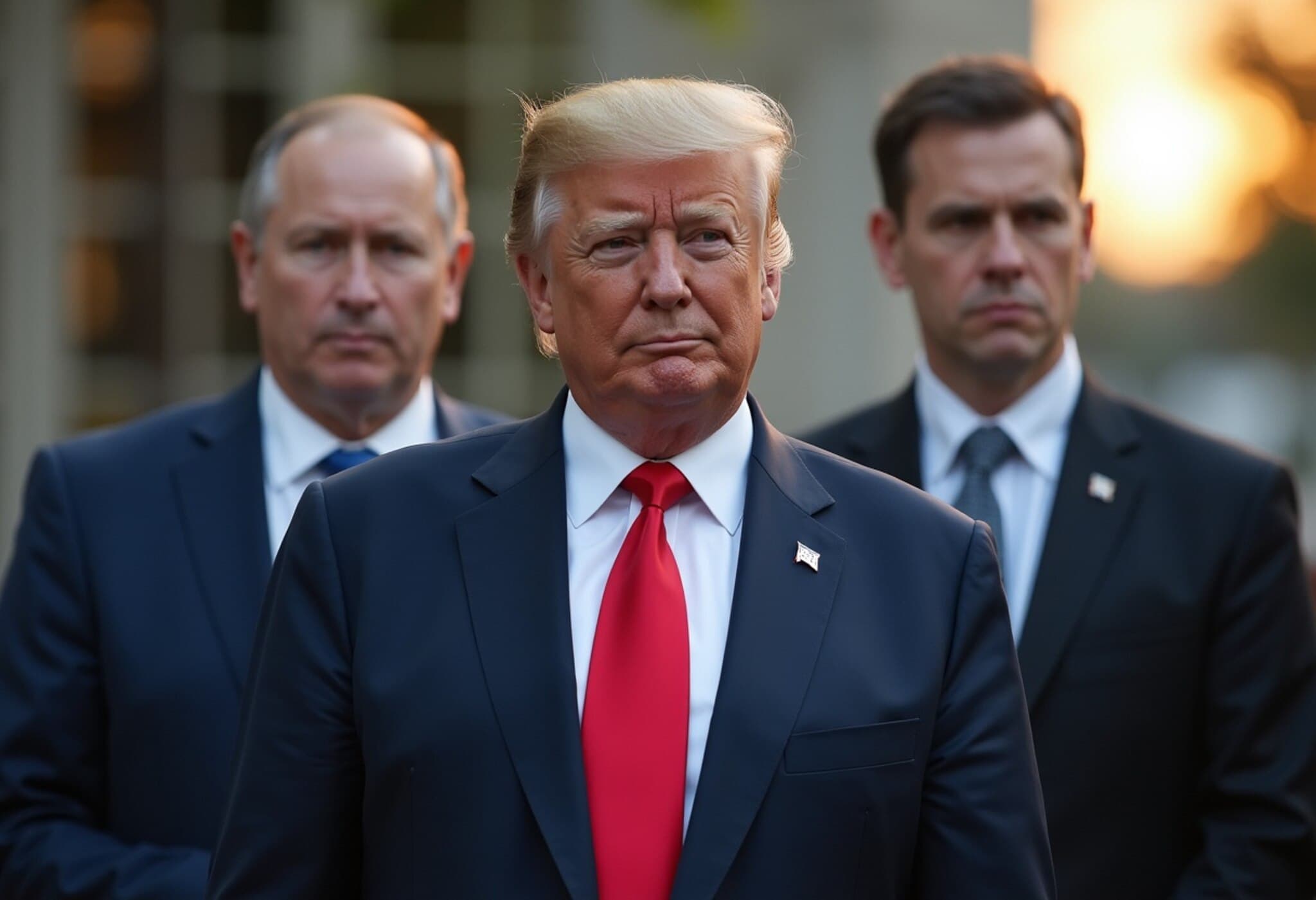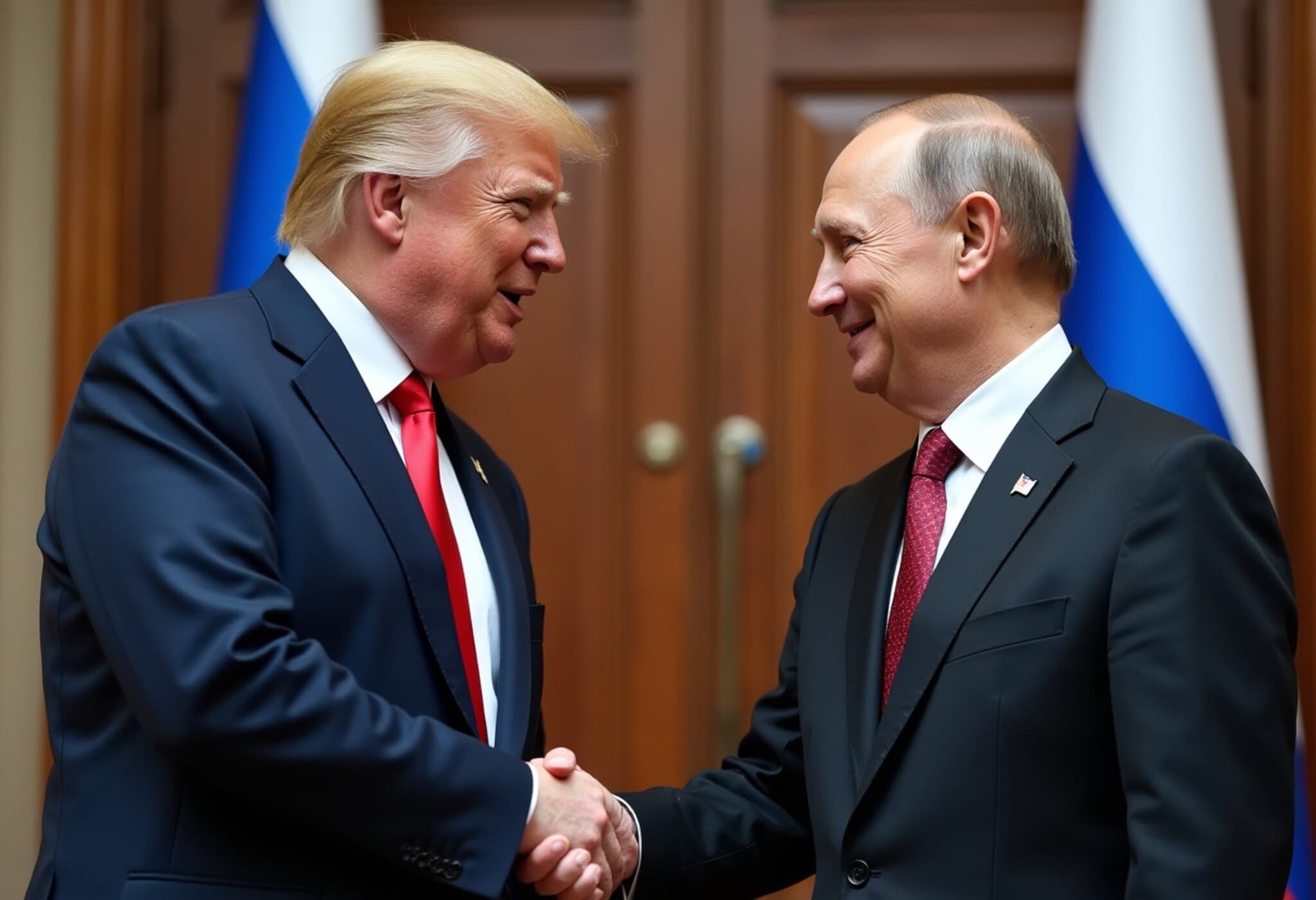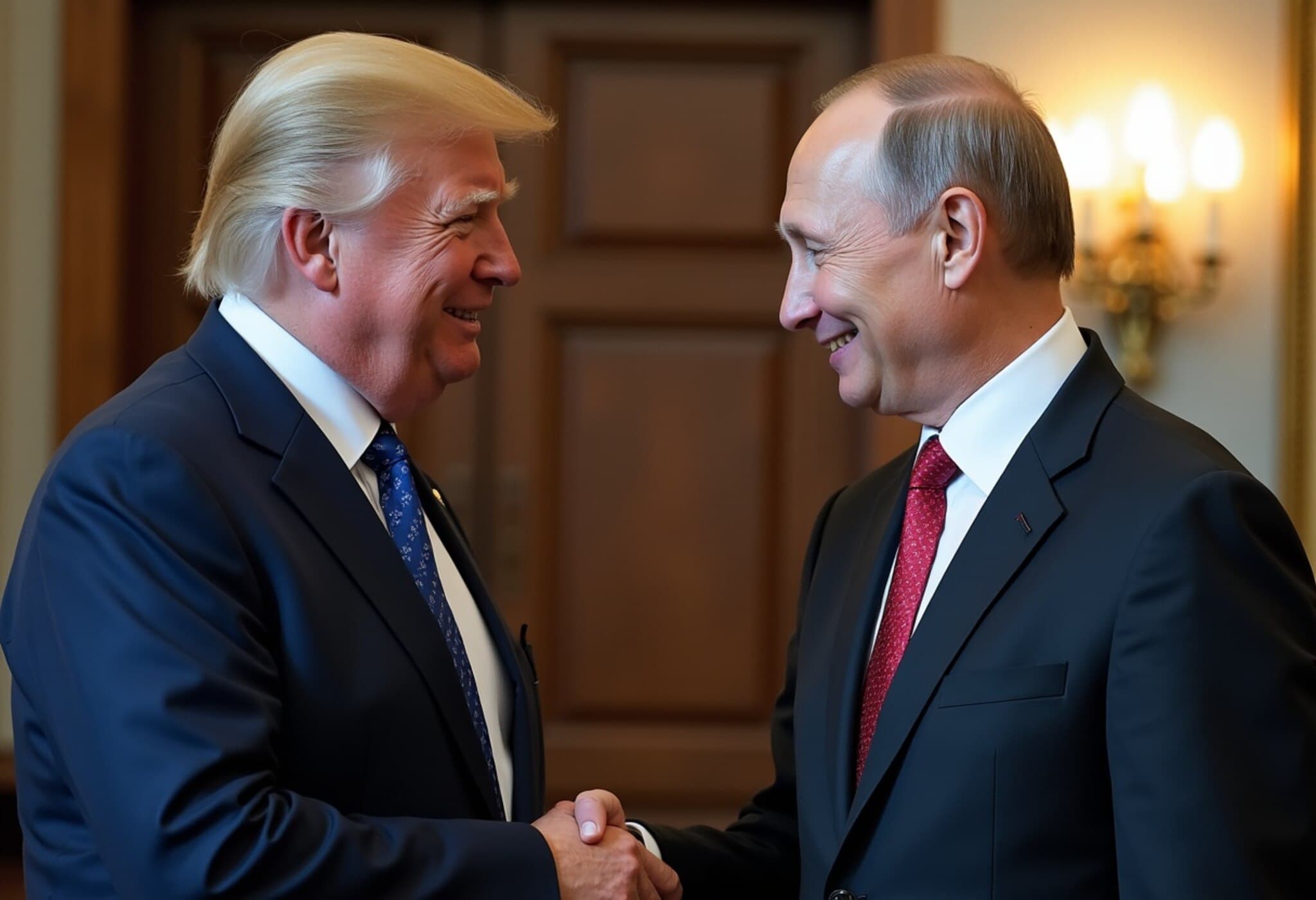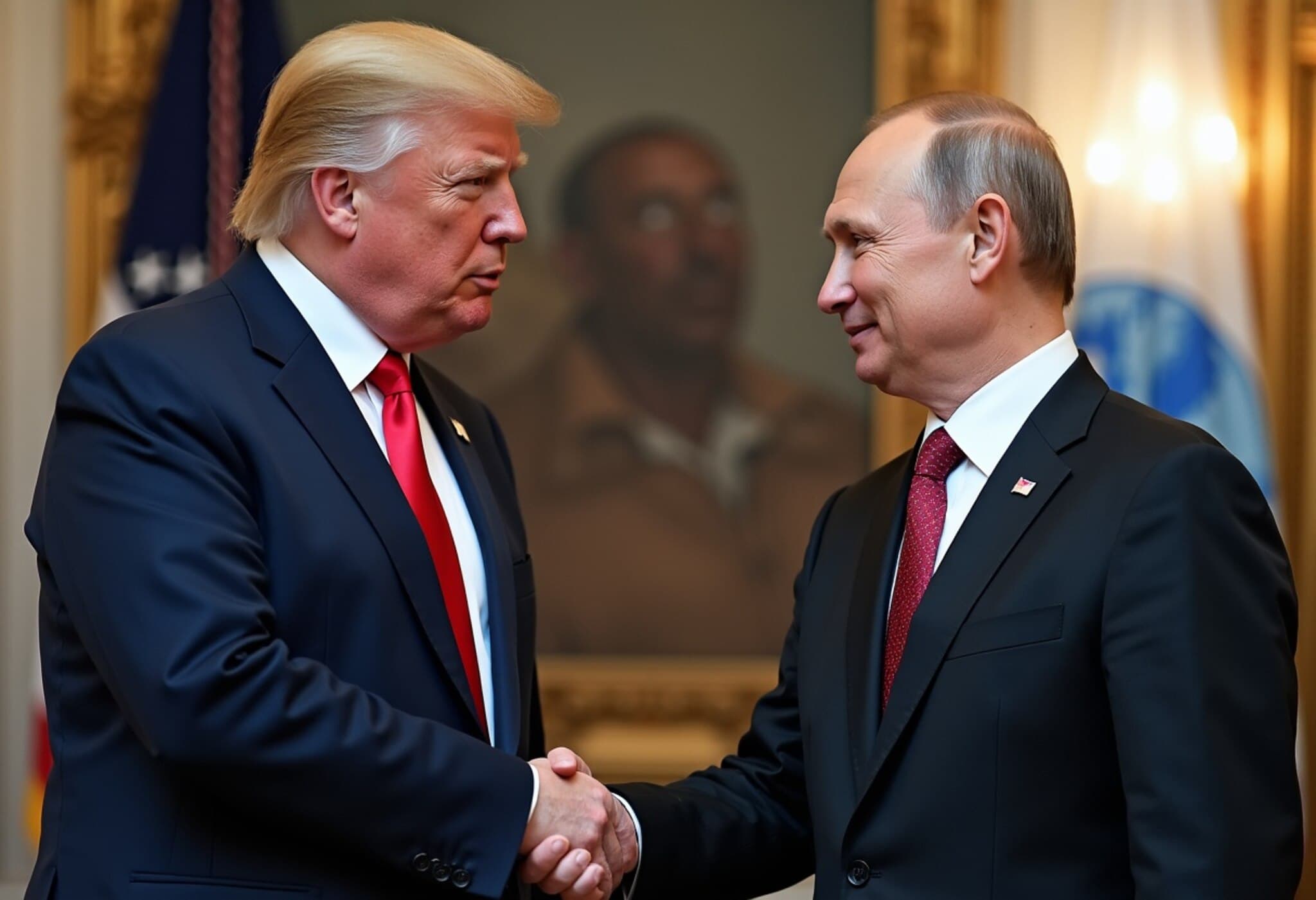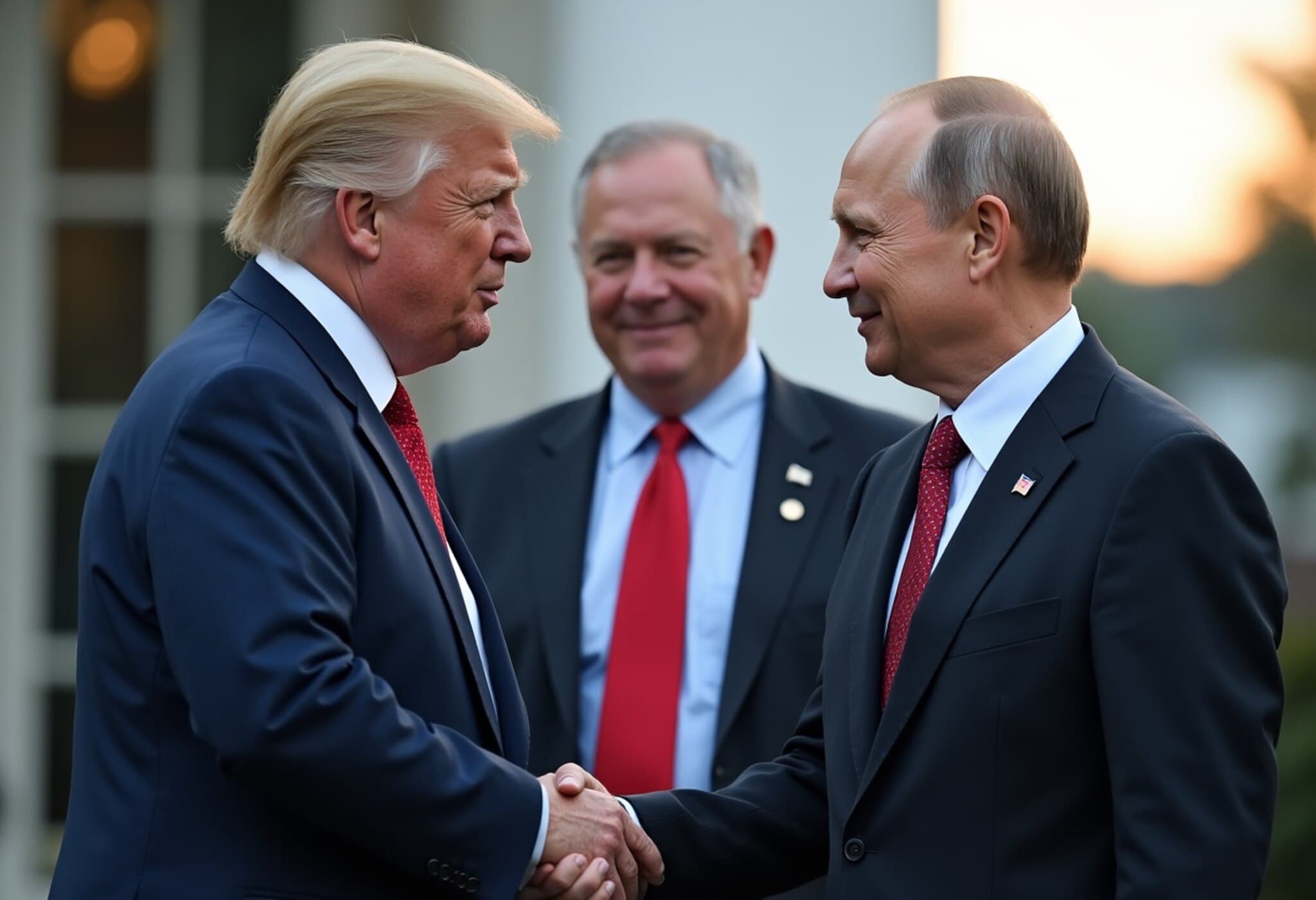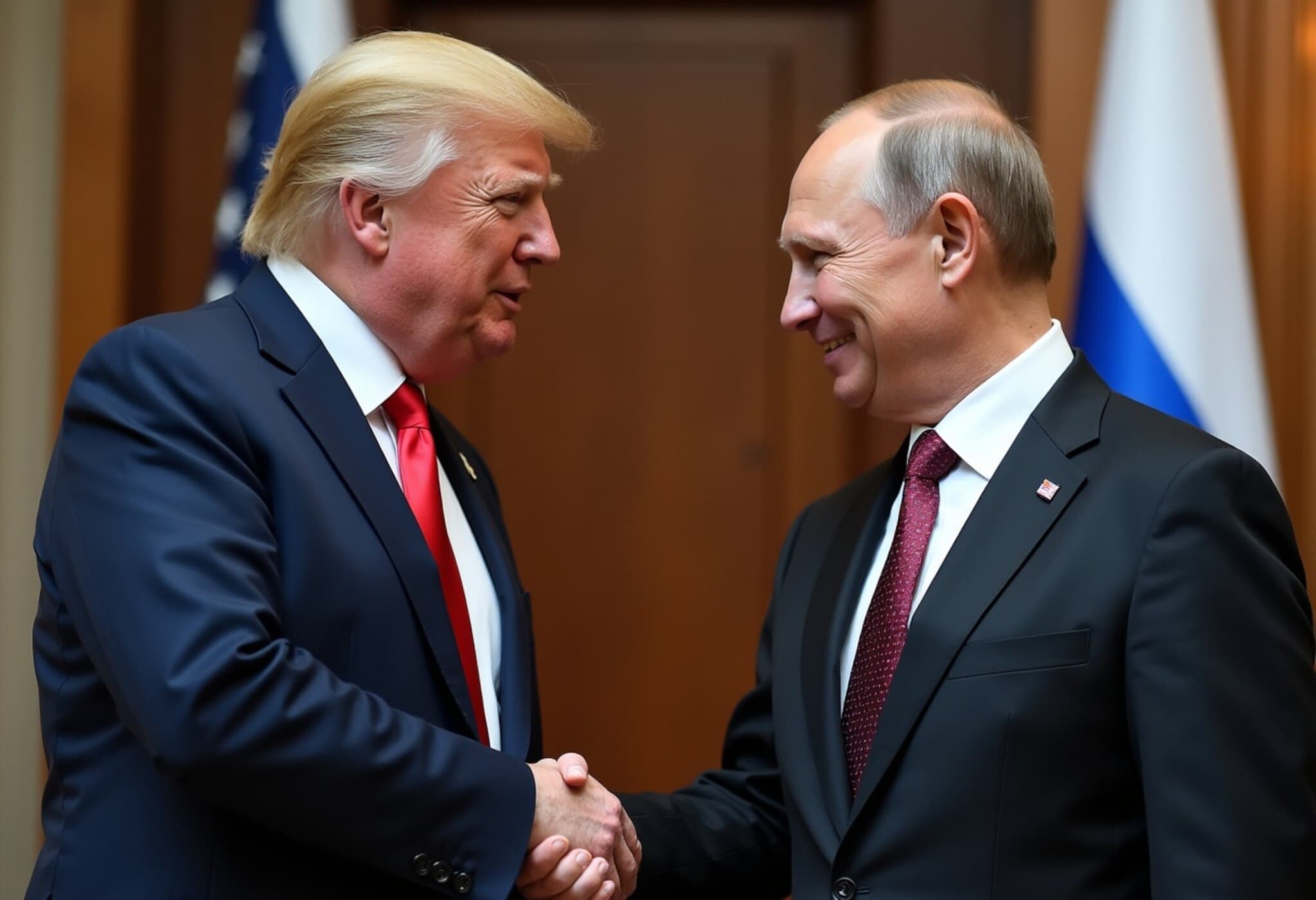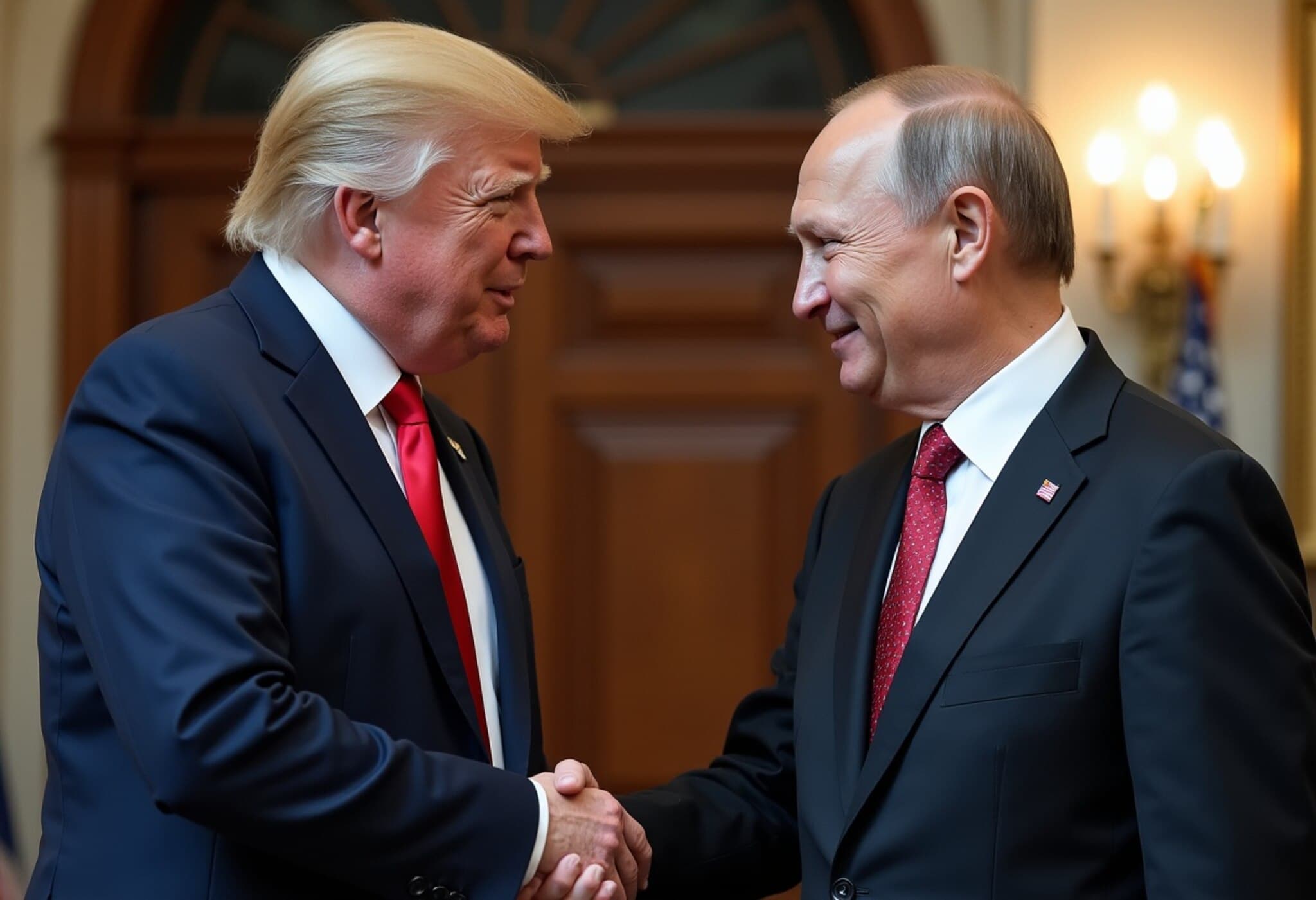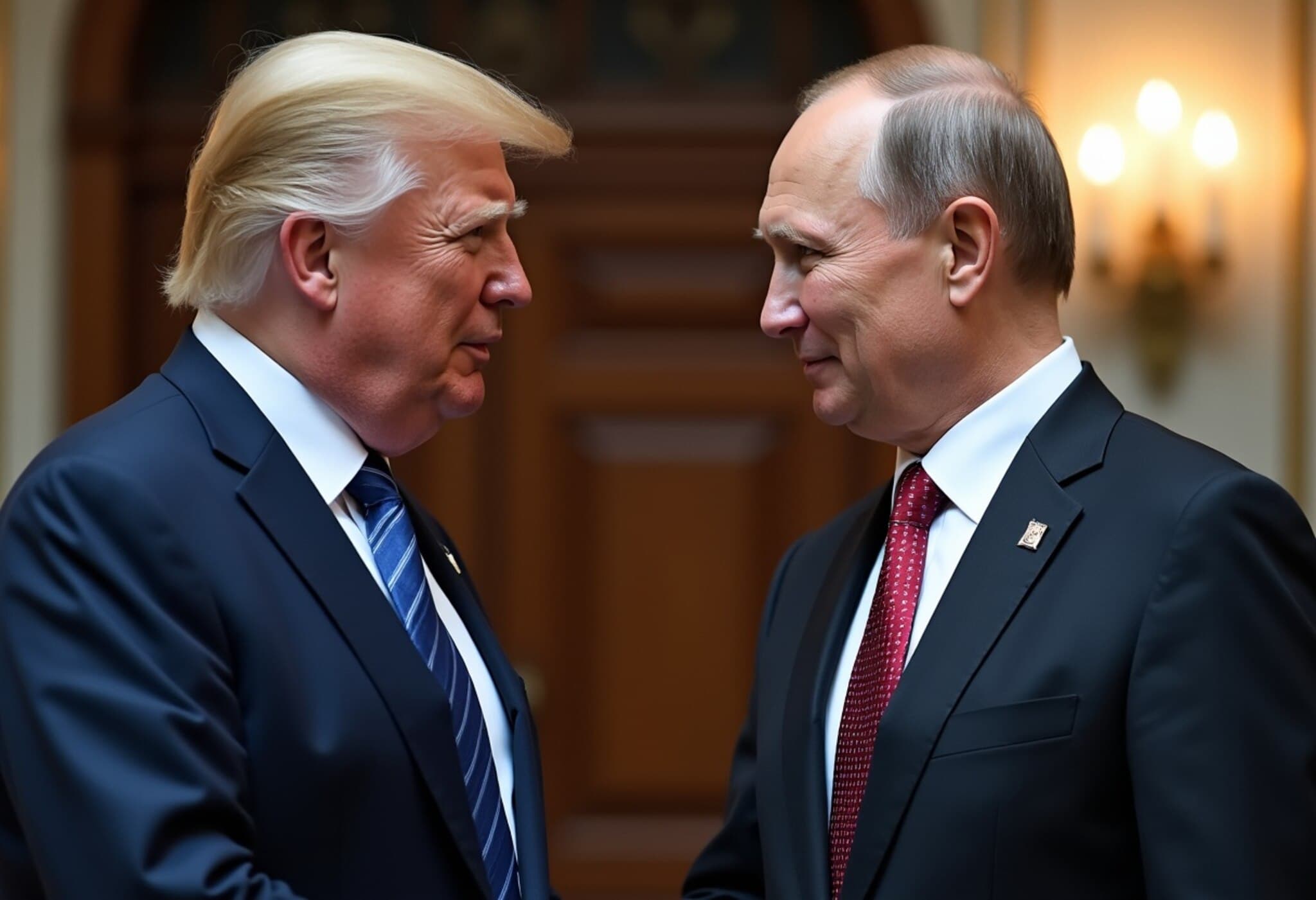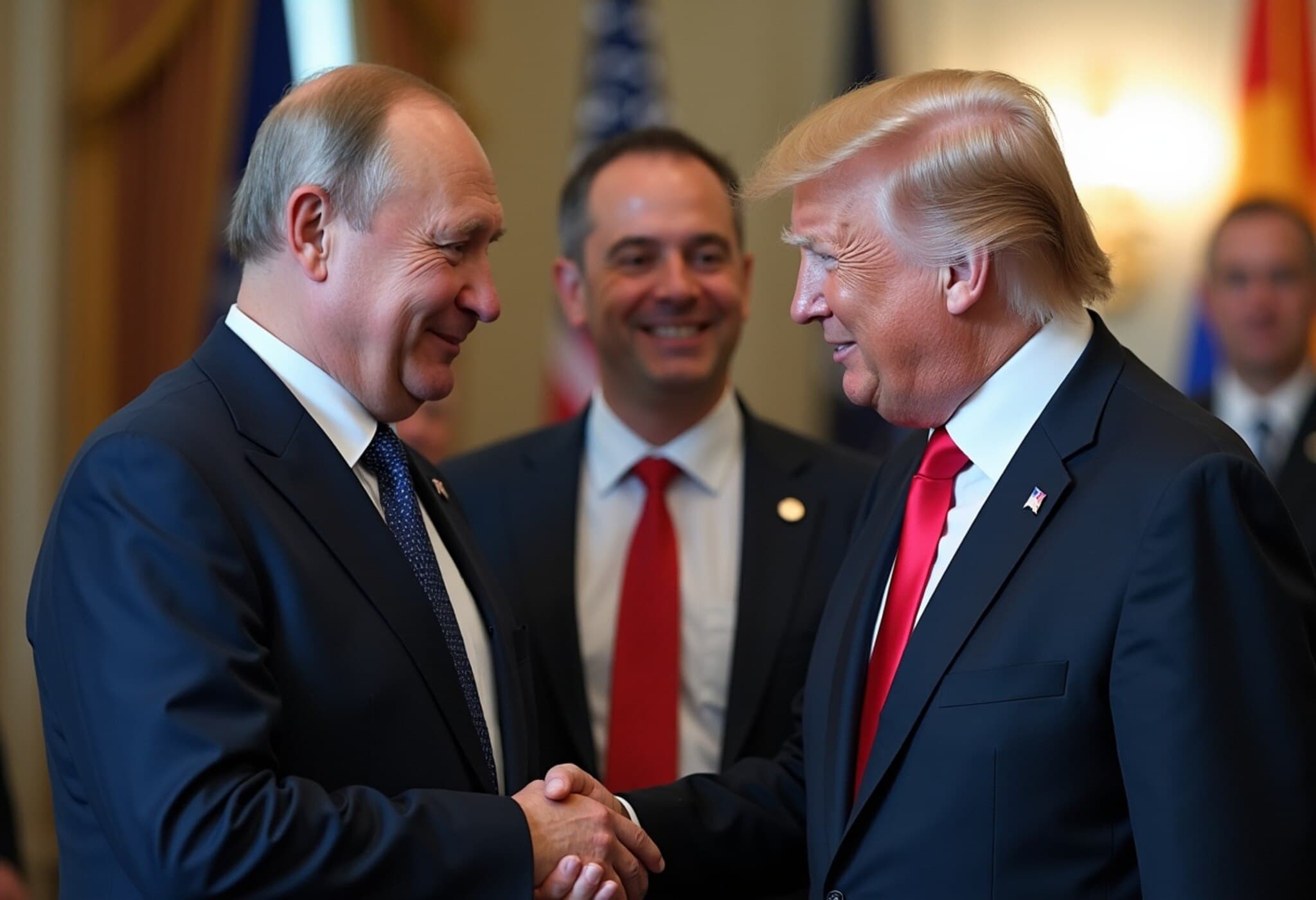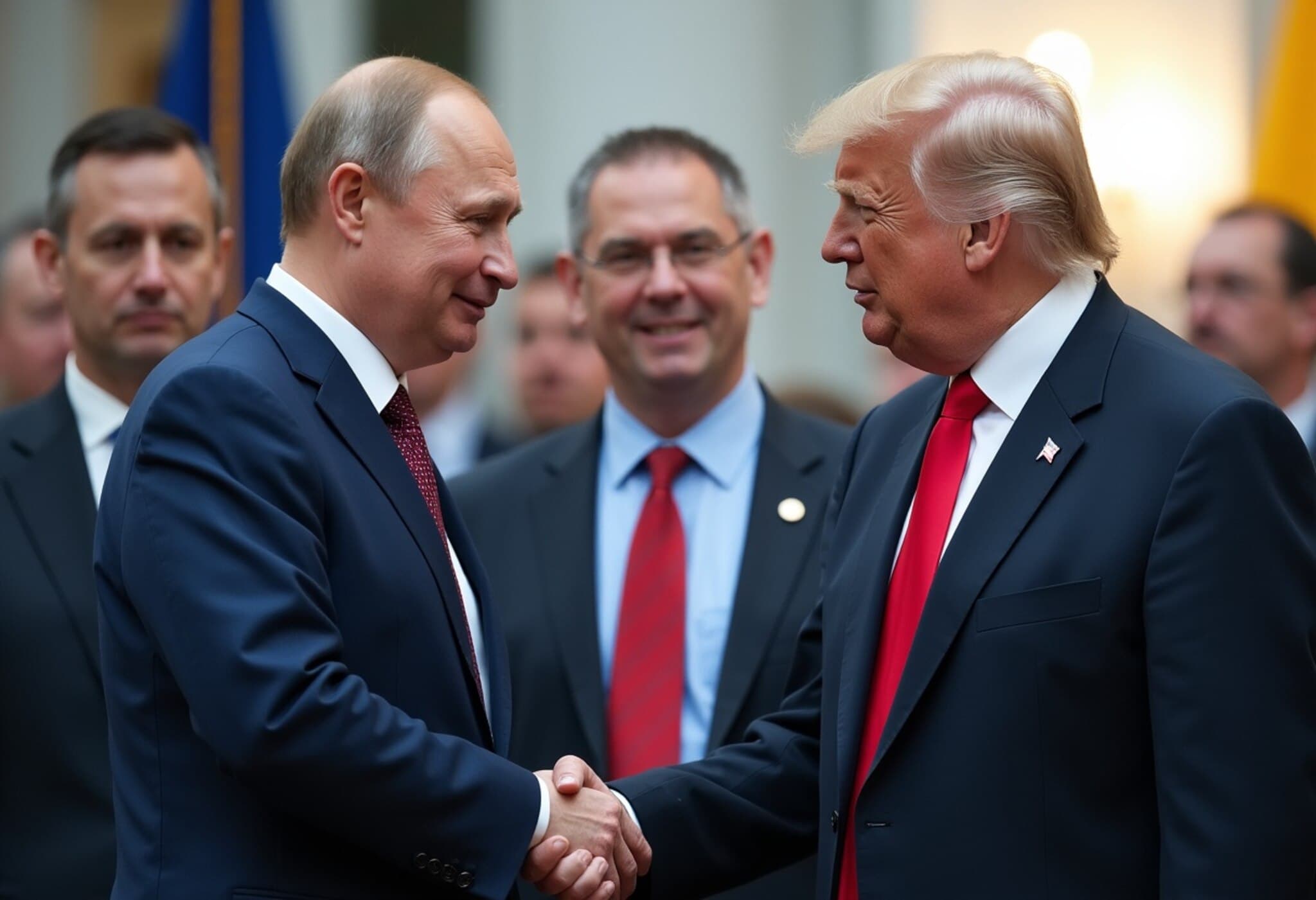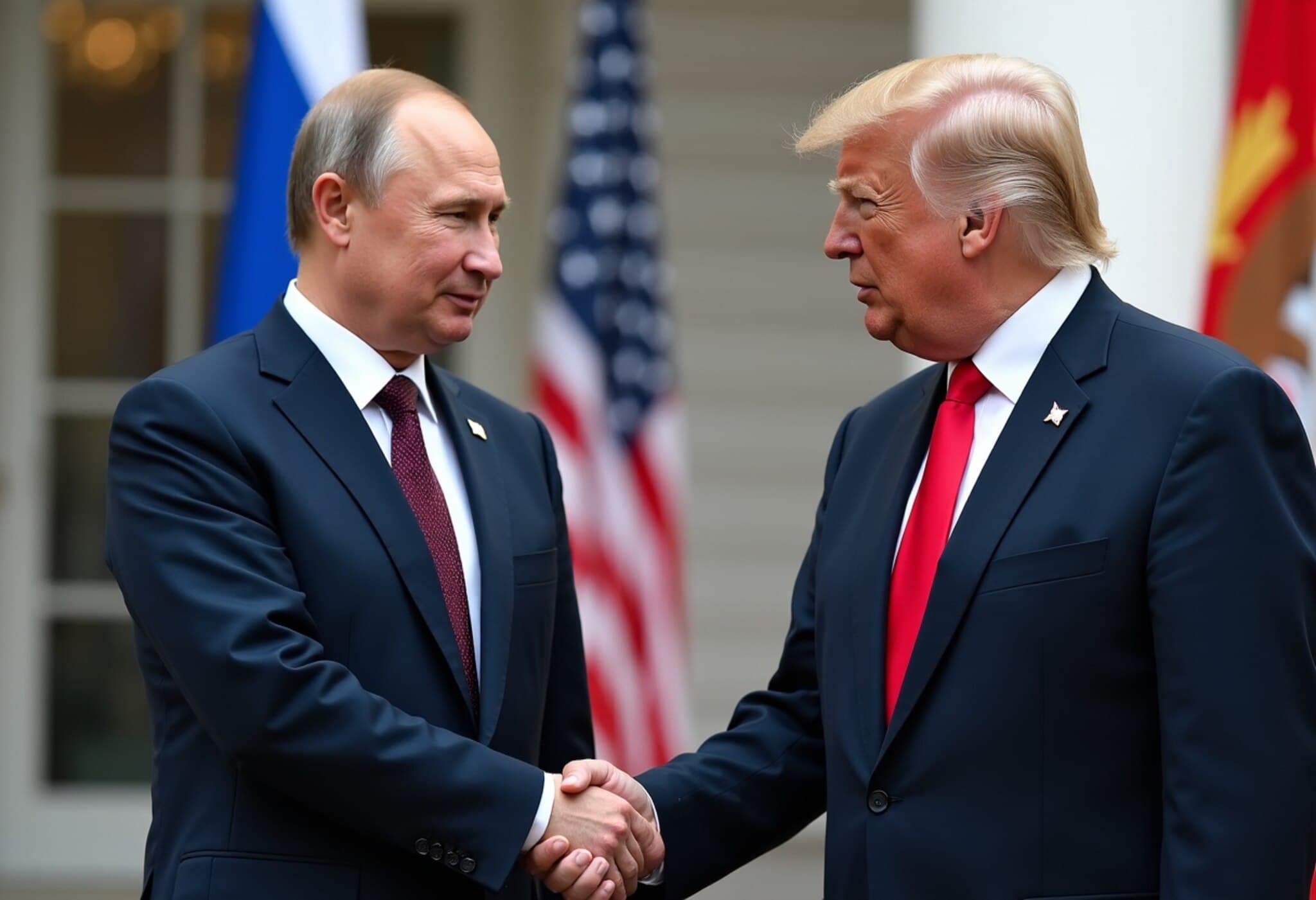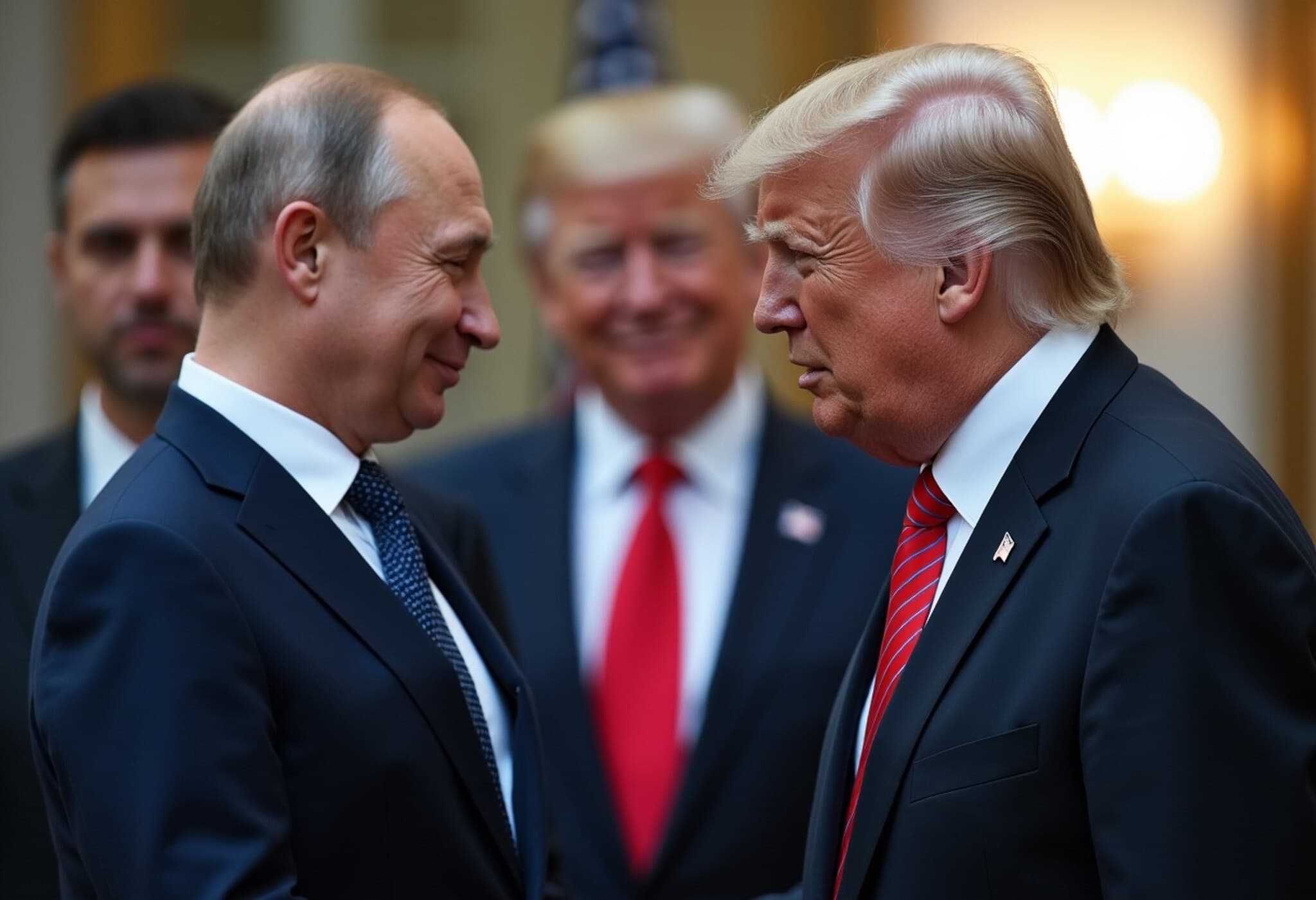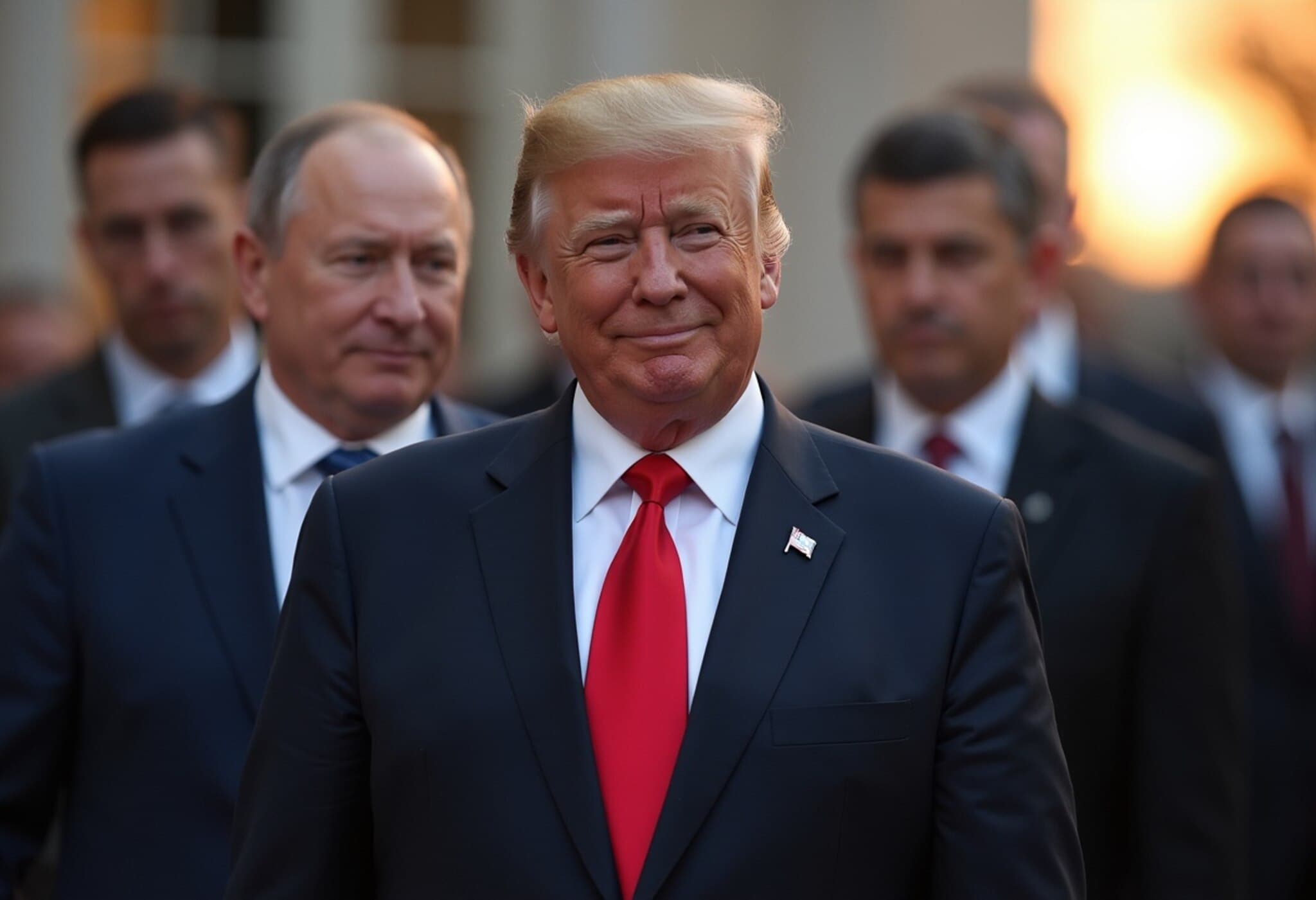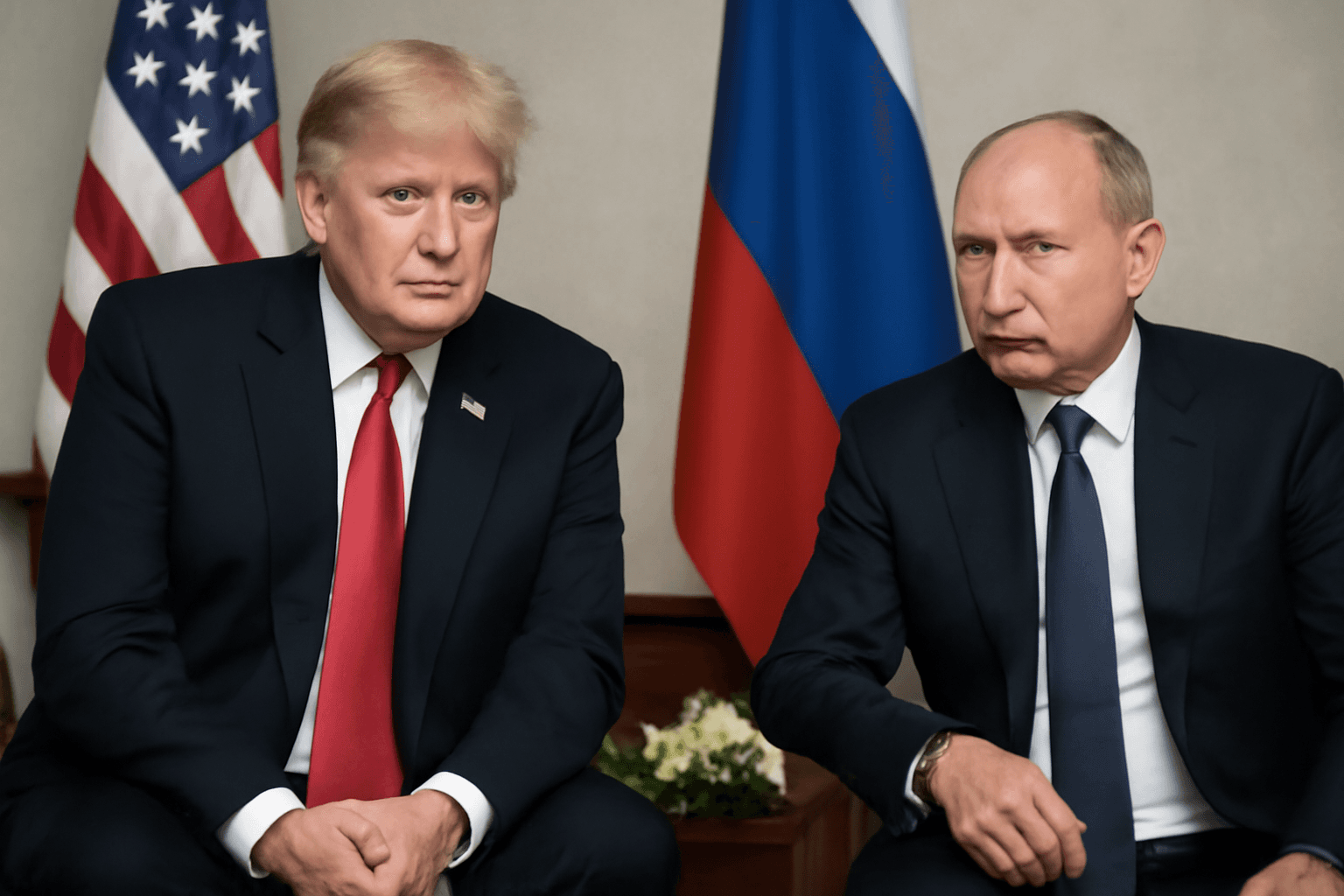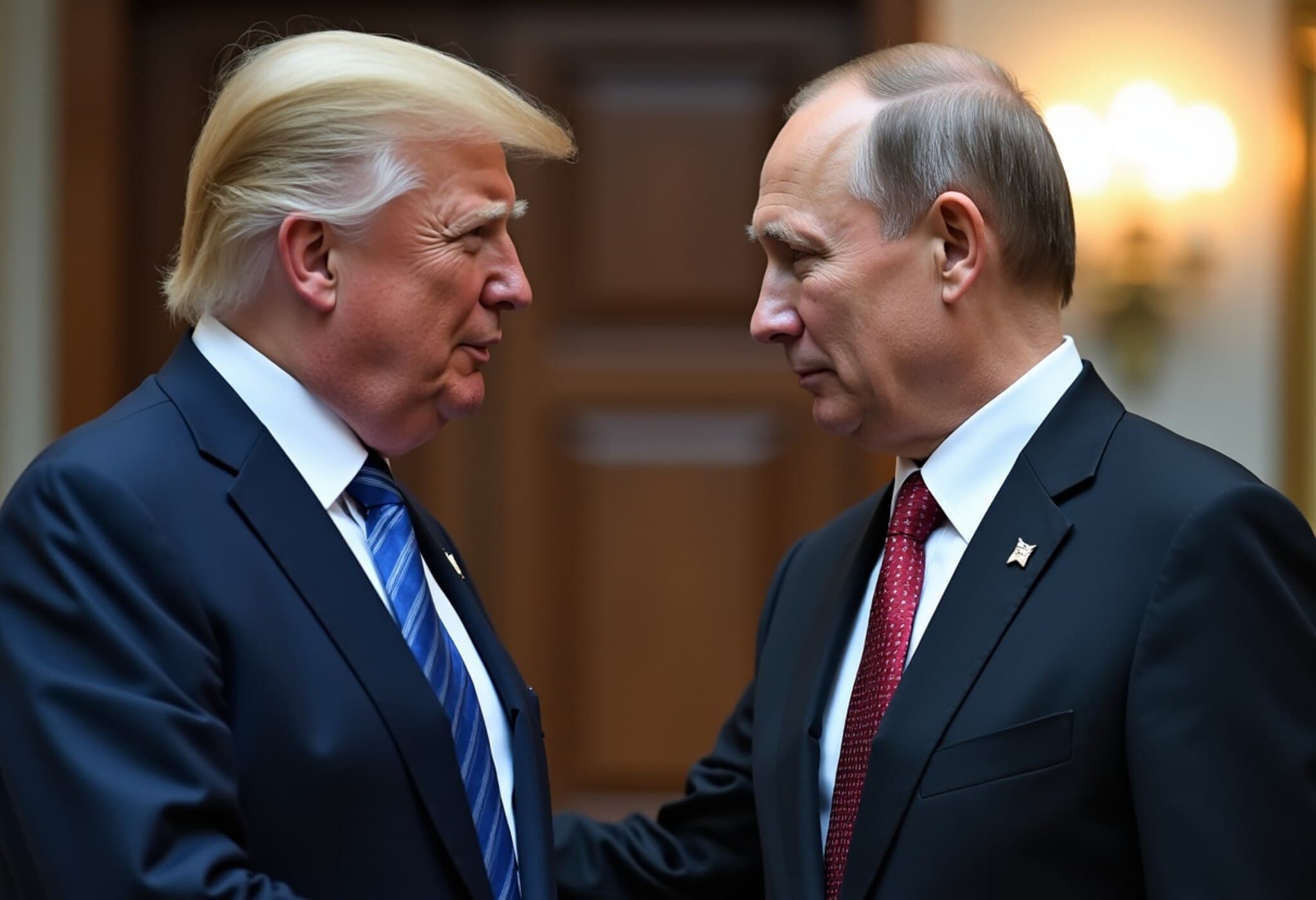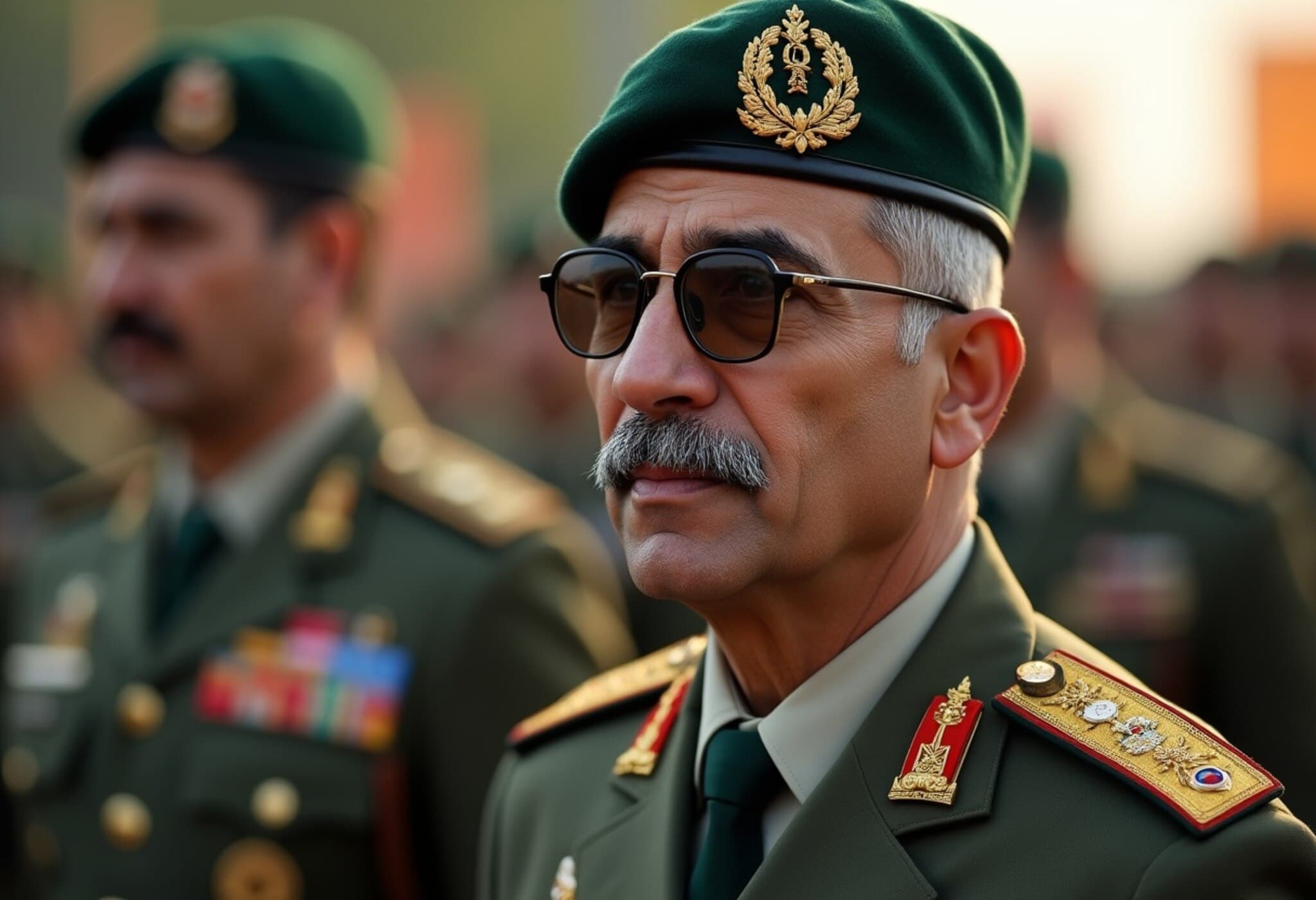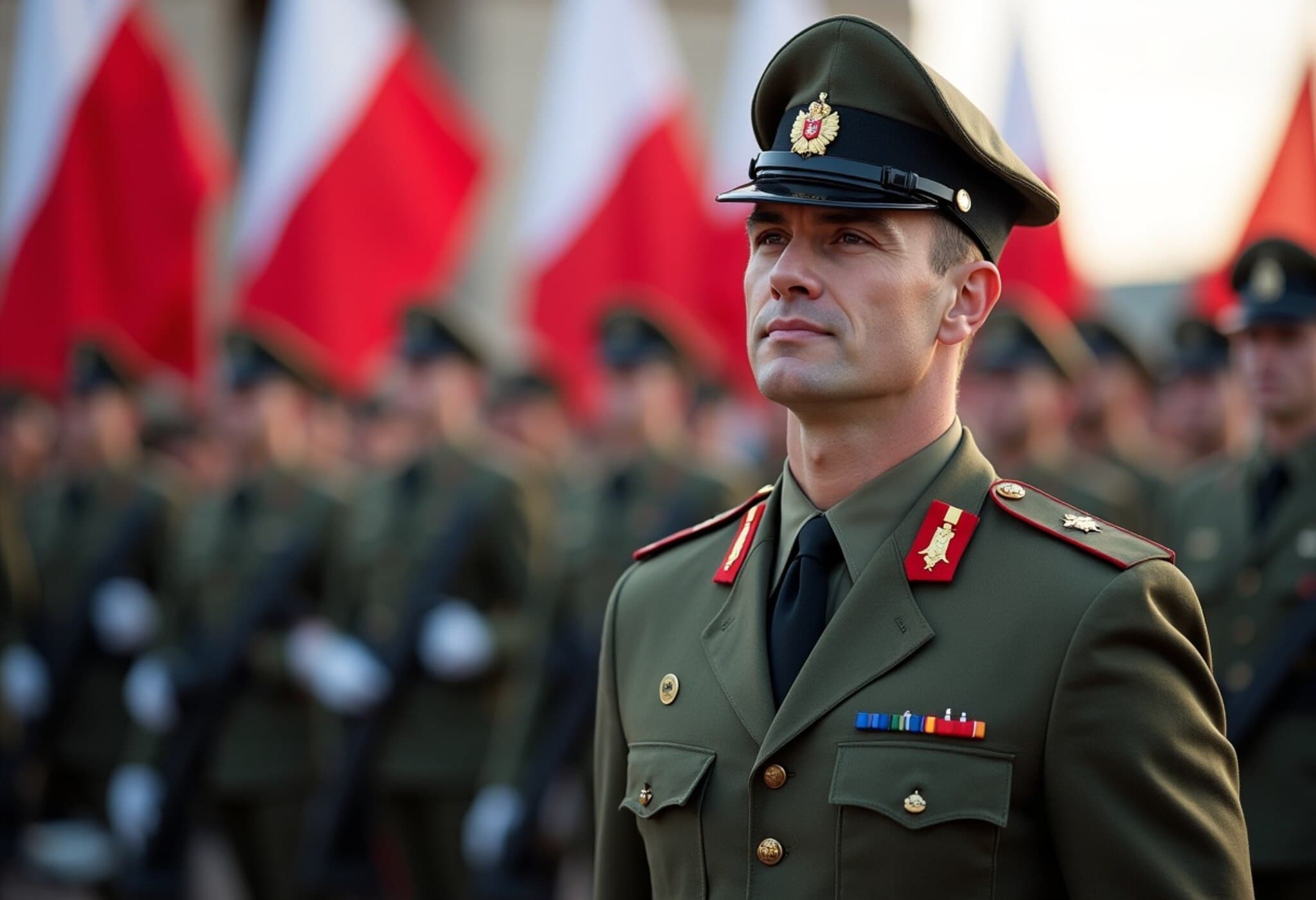Trump's Alaska Summit: A Crucial Moment in the Quest for Peace
As tensions over the Ukraine conflict continue without resolution, US President Donald Trump is set to engage in a pivotal summit with Russian President Vladimir Putin in Alaska. This dialogue represents not only an international diplomatic effort but also a deeply personal challenge for Trump, who has long positioned himself as a global peacemaker.
President Trump's Peacemaker Ambition Under the Microscope
Since the start of his presidency, Trump has consistently highlighted his desire to be remembered as a unifier and peacemaker. At his second inauguration, he emphasized, "My proudest legacy will be that of a peacemaker and unifier." His outspoken ambition to win a Nobel Peace Prize underscores this narrative.
Yet, the unresolved war in Ukraine presents a sobering reality check. Trump once boldly declared he would end the Ukraine war within 24 hours after a second term, later adjusting the timeframe to 100 days. Today, after more than 200 days, the conflict remains entrenched, and any breakthrough remains elusive.
The Summit’s Strategic Dance: 'A Game of Chess'
In the days leading to the conference, Trump adopted a tempered tone, describing the Alaska meeting as a preliminary “feel-out” rather than a final resolution.
Speaking to Fox News, Trump likened his negotiations with Putin and Ukrainian President Volodymyr Zelenskyy to chess, remarking, "This meeting sets up the second meeting. The second meeting is going to be very, very important because that’s when they make a deal."
He acknowledged a 25% chance of the initial meeting not succeeding, illustrating the uncertain and high-stakes nature of this diplomatic exchange.
Putin’s Reception and European Skepticism
Russian President Putin praised Trump’s "sincere efforts" to broker peace, hinting that the talks could lead to progress beyond Ukraine, including discussions on strategic weapons and broader US-Russia-Europe relations.
However, European officials remain cautious. Historical patterns and Putin’s seasoned diplomatic strategy, grounded in decades with the KGB, have fueled concerns that Trump might be diplomatically outmaneuvered during these one-on-one talks.
Trump’s Broader Diplomatic Claims: Fact or Fiction?
Adding complexity to the narrative are Trump’s sweeping claims that he’s helped resolve six international military conflicts within six months. These assertions, made during recent appearances and meetings, have met skepticism from diplomats and analysts alike due to a lack of independent corroboration.
Some highlight that Trump has actively engaged in diplomatic facilitations involving countries such as Thailand and Cambodia, Iran and Israel, and India and Pakistan, among others. However, these engagements have met with mixed success. Notably, India has dismissed claims of Trump’s role in defusing tensions with Pakistan.
At the same time, Trump’s efforts have notably fallen short in ending the wars in Gaza and Ukraine—the latter being the summit’s critical focus.
Shift in Foreign Policy Focus
Observers note that Trump’s concentrated interest in global conflicts marks a pivot from his 2024 campaign’s “America First” rhetoric, which prioritized domestic issues and traditional avoidances of foreign entanglements.
A White House official cited by Politico described this as a belief in leveraging US influence to facilitate peaceful resolutions, illustrating an evolving diplomatic posture.
The Nobel Prize Factor: Motivating Peace Efforts?
Reports from Norwegian media reveal Trump personally contacted Norway’s finance minister to inquire about Nobel Peace Prize nominations—a move reflecting his deep desire for international recognition as a peacemaker.
Several world leaders involved in these diplomatic overtures, including Israeli Prime Minister Benjamin Netanyahu and Cambodian Prime Minister Hun Manet, have publicly supported Trump’s nomination, often citing his role in easing tense disputes.
However, this campaign for prestige has drawn criticism. Analysts warn that self-promotion risks overshadowing the nuanced and often fragile nature of peace processes, particularly given the skepticism surrounding Trump’s diplomatic triumphs.
What’s at Stake: Legacy, Geopolitics, and Global Stability
- For the conflict in Ukraine: The summit is a potential inflection point in efforts to de-escalate one of the world’s most significant ongoing wars.
- For Trump’s presidency: The outcome will heavily influence perceptions of his credibility and capacity as a statesman on the world stage.
- For US foreign policy: The meeting signals a recalibration in American engagement with Russia and broader Eurasian geopolitics amid complex alliances and rivalries.
The world watches as two leaders, both wielding vastly different diplomatic styles, meet under intense scrutiny—not just to witness potential peace but to see if Trump can transform ambition into enduring legacy.
Editor's Note
This Alaska summit is much more than a bilateral meeting; it is a litmus test for President Trump’s grand vision as a peacemaker amid a fractured global order. While the pursuit of peace carries hopeful implications, the stakes—and skepticism—are higher than ever. As history unfolds, readers should consider how leadership, narrative, and realpolitik intersect in shaping global peace prospects.

